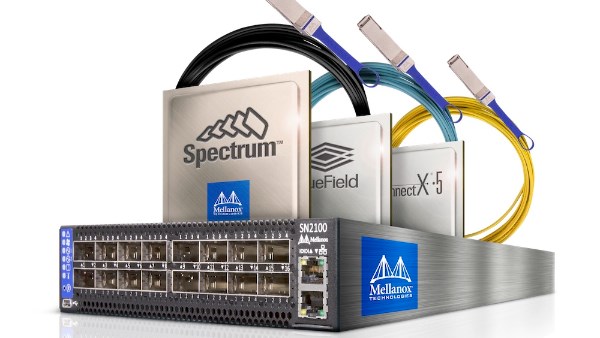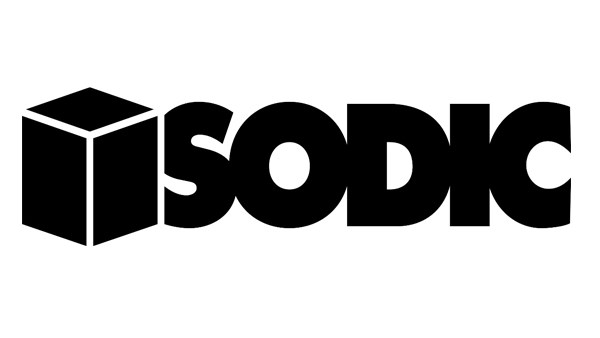
The move against Nvidia is Beijing’s latest riposte to escalating US technology curbs
Nvidia Hit With China Probe as Tech War With US Escalates

China has opened a probe into Nvidia Corp. over suspicions that the US chipmaker broke anti-monopoly laws around a 2020 deal, taking aim at the AI heavyweight as Washington ramps up sanctions.
The State Administration for Market Regulation opened an investigation into the company’s recent behavior as well as the circumstances surrounding the acquisition of Mellanox Technologies Ltd., the government said in a statement on Monday. Beijing gave approval for the deal four years ago, on condition that Nvidia not discriminate against Chinese companies.
The move against Nvidia is Beijing’s latest riposte to escalating US technology curbs, coming just a week after the Chinese government banned exports of several materials with tech and military applications. Nvidia’s market value has ballooned this year on demand for chips that can run artificial intelligence programs, making it one of the most valuable publicly traded companies and China’s largest corporate target in the tech trade war so far.
China had approved Nvidia’s $7 billion acquisition of Mellanox on condition that the Israeli computer networking equipment maker provide information about new products to rivals within 90 days of making them available to Nvidia.
A representative for Nvidia didn’t immediately respond to a request for comment.
Nvidia's shares fell
Nvidia’s shares fell 2% in early trading on Monday before US exchanges opened. The stock had declined 1.8% on Friday to close at $142.44, giving the company a market value of $3.49 trillion and making it the second biggest US company by market value after Apple Inc.
Washington has sought to slow China’s development of advanced chip technology and has barred Nvidia from selling its most advanced semiconductors to companies there. The US has also pushed allies to make similar moves. The Biden administration pressured the Dutch government to prevent ASML Holding NV, which has a monopoly on machines that make the most advanced chips, from not only selling its highest-performing equipment to China, but repairing and maintaining it as well.
These export restrictions have drawn sharp rebukes from Beijing, which has also targeted US companies. Micron Technology Inc. warned last year that about half of its sales tied to China-headquartered clients may be affected by a cybersecurity probe being carried out by the Chinese government. China’s cybersecurity regulator had said Micron’s products failed to pass a review and barred the company’s chips from “critical infrastructure.”
Still, Nvidia’s dominance in the AI-chip market has drawn scrutiny at home and globally. The company’s graphics processor units, which first became popular in video games, are increasingly essential to new systems used to train large language models and other AI systems. While companies like Amazon.com Inc. are working to loosen Nvidia’s grip on the market, for now the overwhelming demand for the chips means that they cost tens of thousands of dollars apiece and are in short supply.
The US Justice Department sought information about whether Nvidia violated antitrust laws earlier this year, Bloomberg News had reported. Antitrust officials were concerned that Nvidia was making it harder to switch to other suppliers and penalizing buyers that didn’t exclusively use its AI chips, people familiar with the matter had said.
France also targeted Nvidia in a probe looking at chips used in AI last year. The company may face antitrust charges “one day” there, Benoit Coeure, the head of France’s antitrust agency, said at a press conference in July. The European Union started a similar, early-stage probe in 2023 to examine alleged anticompetitive abuses in AI chips.





-1120252475029447.jpg)














